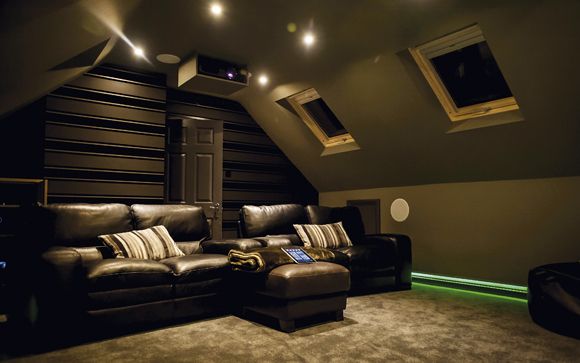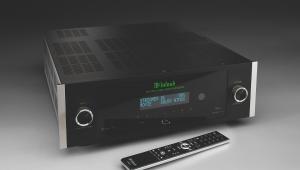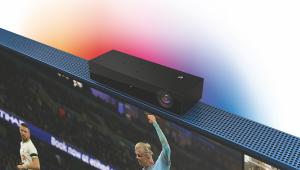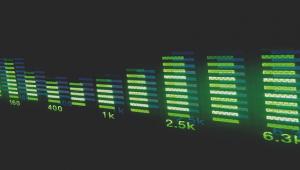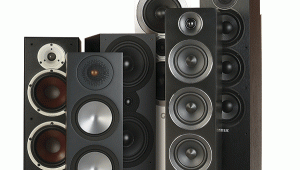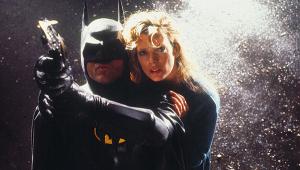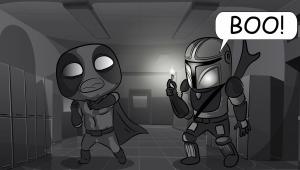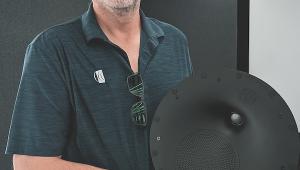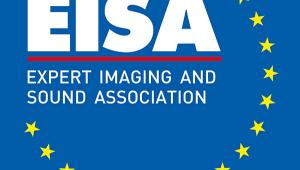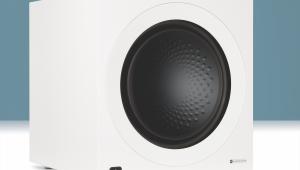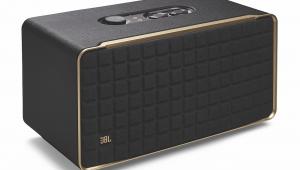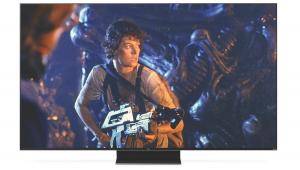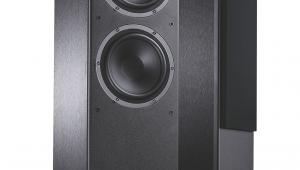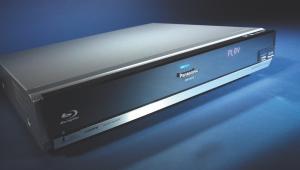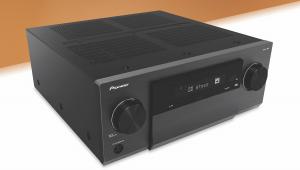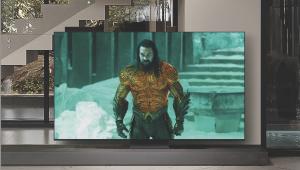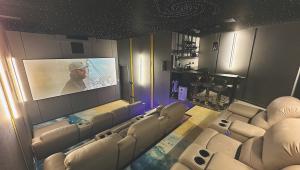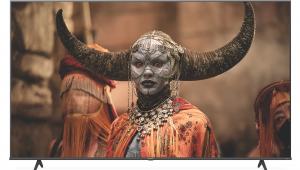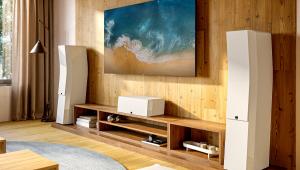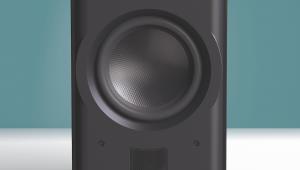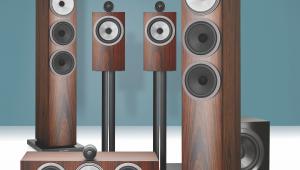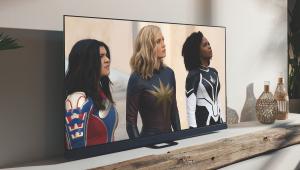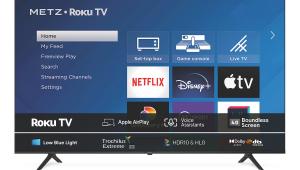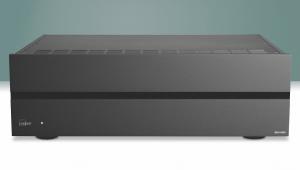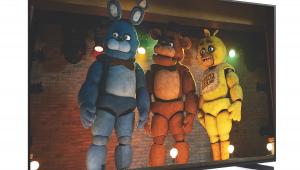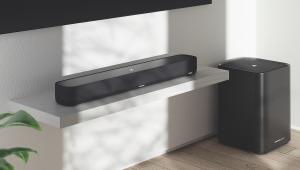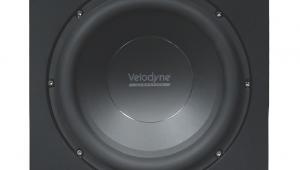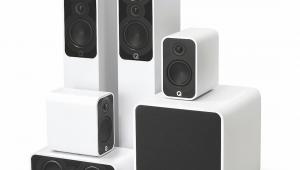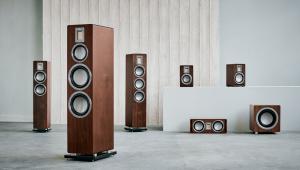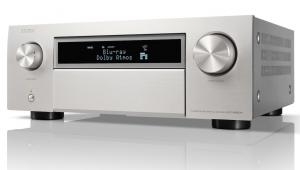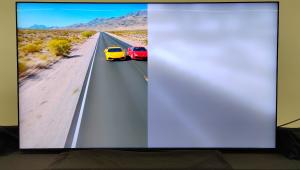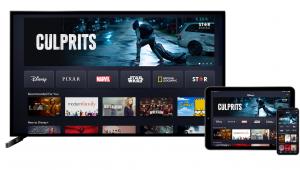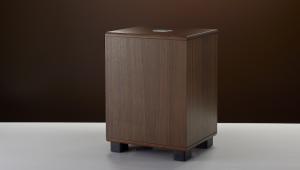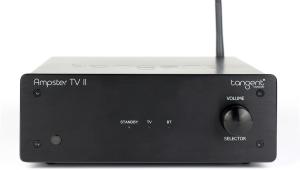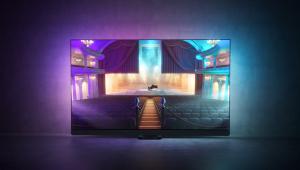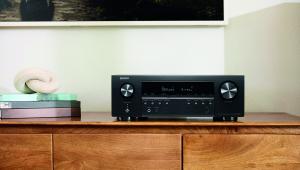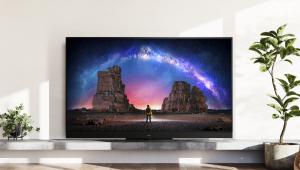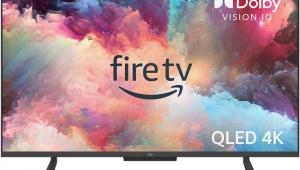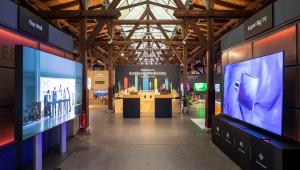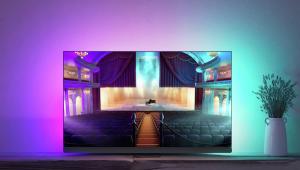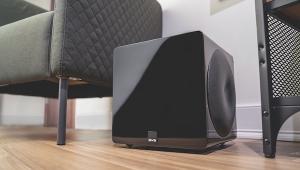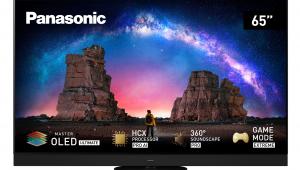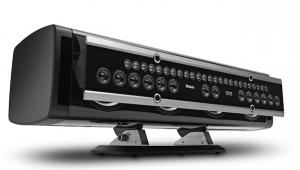Mumbling movie dialogue isn't the fault of cinema speakers – it's poor EQ
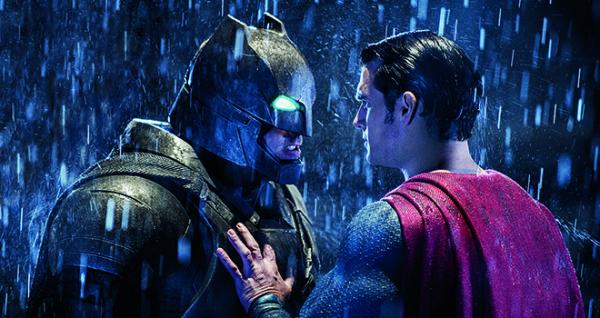
Earlier this year, the topic of dialogue intelligibility raised its head once again, this time around the blockbuster Warner Bros flick Batman v Superman: Dawn of Justice. Some people were complaining that they couldn't hear the dialogue, yet Hans Zimmer, the soundtrack composer, blamed cinema loudspeakers, affronted by the suggestion that his pounding score made the chatter in the latest superhero match-up inaudible.
On the BBC Radio 4 Today programme, Zimmer said: 'I don’t have control over it. Nobody sets out to make an incomprehensible movie. When we mixed the film, we mixed it to the highest possible standard and we could hear every word.' The German-born composer added: 'So what’s our choice? To create towards the lowest common denominator or tell people "Make your sound systems better?"'
The HCC team attended a screening of Batman v Superman... in 70mm at the Odeon Leicester Square – arguably the UK's most famous cinema. As this was a premiere showing, Warner Bros had rehearsed it a number of times and spent hours assessing the sound system. This was going to look and sound the best it could in that venue. And, in my opinion, the soundmix was full-on but the dialogue was fine; very intelligible amidst the wall of sound that the movie proffers for two-and-a-half hours.
The elephant in the roomSo what's going on? In fact, Zimmer was both right and wrong. Most cinemas, certainly in the UK, have very good sound systems. A lot of modern multiplexes use JBL ScreenArray speakers. There's nothing wrong with them. Some screens may have other brands but they are also competent. Yet Mr Zimmer missed a major point as to why you get issues with dialogue intelligibility – and it's room acoustics and EQ.
It may surprise you, but all modern multiplexes are designed to a standard that is very good acoustically. But room EQ is still required, analysing the characteristics of a room and using hardcore mathematics to work out how to correct any issues to a known standard. The standard to which all cinemas should be EQ'd is called the Dolby X-Curve.
If the room EQ is off or badly implemented – which I have found in many cinemas as no one has been bothered – you will find it hard to hear the dialogue. In Batman v Superman..., Ben Affleck's bass-ridden vocals will be borderline if the EQ is awry. (With TV dramas where people complain about hard-to-hear speech it's more typically down to the poor speakers of a flatscreen telly. These programmes are mixed in high-end mixing theatres; in there it will be fine and you will be able to make out what they are saying even if they're mumbling).
If you are in a cinema and you find you can't hear the dialogue, find a general manager, not a popcorn jockey. Tell them they need to get the cinema correctly EQ'd otherwise you will find another establishment for your business. You may be challenged by a reply that is usually 'What? I need to turn up the volume?' If that's the case, email or – even better – tweet the cinema chain in question asking them to sort out the sound system EQ. The correct term is B-Chain sound equalization.
Because only by complaining can we hope cinemas get better. Most are cheap and don't want to pay for equipment to be calibrated. Go elsewhere until they sort it out! Then Hans Zimmer can sleep at night knowing his music is enhancing the movie and not proving a distraction.
 When he's not in his screening room, Jon Thompson tweets about Hollywood gossip, movie-making and digital mastering at @johnnyfocal
When he's not in his screening room, Jon Thompson tweets about Hollywood gossip, movie-making and digital mastering at @johnnyfocal
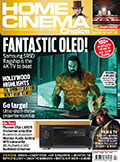 |
Home Cinema Choice #351 is on sale now, featuring: Samsung S95D flagship OLED TV; Ascendo loudspeakers; Pioneer VSA-LX805 AV receiver; UST projector roundup; 2024’s summer movies; Conan 4K; and more
|
